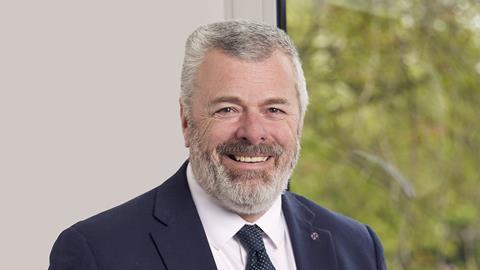The heavy-duty vehicle (HDV) sector is a mature market, with diesel vehicle values and lifecycles well established and operating cycles and residual values known variables.
Typical funding methods are well known and revolve around minimising the cashflow impact of acquiring new assets. Larger residual values or guaranteed buybacks from the manufacturer provide deferment of capital and a reduction in costs to the lessee – the operator.
Battery electric vehicles (BEV) have now entered the market and whilst excellent for decarbonisation, the lack of established residual value for these vehicles presents a problem for funding and thus progress.
With no track record to utilise, manufacturers and funders are currently unable to determine future residual values and therefore only provide facilities based on scrap value.
For an operator, this means that already expensive BEVs are more difficult to fund, and the cost could be prohibitive to their ambitions and to net zero progress.
We cannot mimic structures of the past which view the vehicle as one asset. Separating battery from chassis and then thinking about these individual assets long-term is required. This will enable able operators to lease vehicles and enjoy some of the benefits of residual values.
The battery market is well known to certain specialist lessors - such as Zenobē - who can define and implement residual values into a financing solution. Allowing a specialist lessor to take a residual value position on the battery can present significant cashflow benefits.
But the benefits are more than financial. As we know, batteries will eventually degrade beyond required performance levels and need replacing. Thinking long-term about the battery life, building replacement and performance guarantees into the financing, are ways an operator can fully utilise the vehicle for its entire lifetime without the risks.
The current 5 or 6-year funding model places pressure on operator’s cashflow and has largely been driven by available funding periods. With lessors managing batteries and offering guarantees, there is no reason why longer lifecycles could not be enjoyed by operators with vehicles being kept on fleets for 10 to 12 years.
Lessors such as Zenobē can remove risk and reduce costs for operators as they bring BEVs into their fleets. It’s not a one size fits all, but rather a modular approach, incorporating funding and charging solutions to maximise vehicle uptime.
Ian Dennis, business development director at Zenobē














